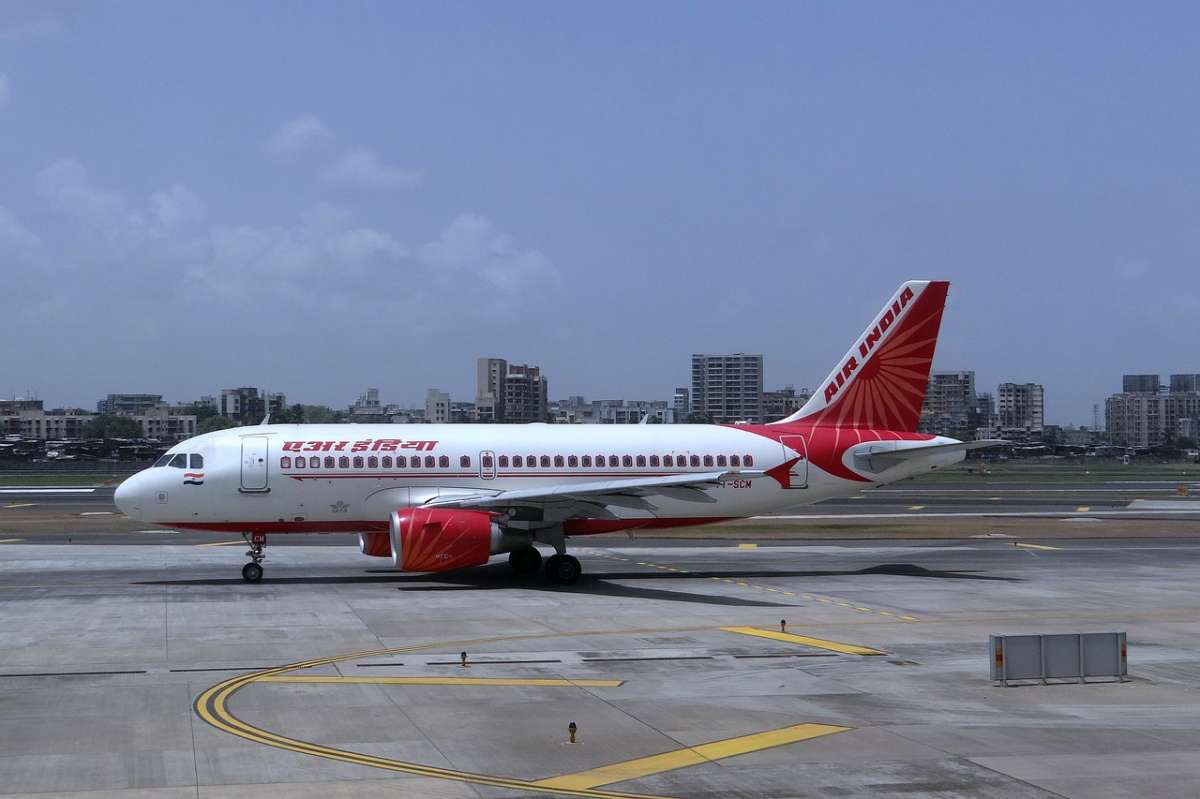Air India’s international operations faced yet another disruption on June 18, 2025, as flight AI2145 from Delhi to Bali was forced to return to Delhi due to reports of a volcanic eruption near Bali’s Ngurah Rai International Airport. The decision was made purely in the interest of passenger safety, according to airline officials.
This unexpected turn added to the growing list of flight disruptions that the carrier has faced recently, especially in the aftermath of ongoing operational challenges and heightened safety scrutiny.
Why Was the Flight Turned Back?
An Air India spokesperson explained,
“Air India flight AI2145 on 18 June 2025 from Delhi to Bali was advised to air return to Delhi due to reports of volcanic eruption near destination airport Bali, in the interest of safety. The flight safely landed back in Delhi, and all passengers have been disembarked.”
Mount Lewotobi Laki-Laki, located on Indonesia’s Flores Island, erupted on Tuesday, June 17, spewing ash clouds up to 10 kilometres into the sky, posing a significant risk to aviation safety. Volcanic ash clouds can severely damage aircraft engines and compromise visibility, making safe landings and takeoffs impossible in affected regions.

Passenger Support After the Incident
For the passengers on board AI2145, the inconvenience was obvious, especially for those traveling to Bali for vacations or business. However, Air India took swift steps to minimize discomfort:
- Hotel accommodation was provided to all affected passengers.
- Full refunds on cancellations were offered.
- Complimentary rescheduling for those who opted to travel at a later date.
“Inconvenience caused to passengers is sincerely regretted, and every effort has been made to minimise it by providing necessary assistance,” the official said.
Global Impact of Bali Volcano Eruption on Air Travel
The eruption of Mount Lewotobi has impacted several international airlines operating flights to Bali. As per reports from AFP and airport officials:
- Flights from Jetstar and Virgin Australia to various Australian cities were cancelled.
- Air New Zealand, Singapore’s Tigerair, and China’s Juneyao Airlines also cancelled flights.
- Bali’s international airport remains partially operational, with volcanic ash creating intermittent disruptions.
Air India’s Widening Operational Challenges
This latest disruption comes at a time when Air India is already facing heightened scrutiny from the Directorate General of Civil Aviation (DGCA). Following the tragic Ahmedabad crash earlier this month, DGCA has been actively inspecting aircraft for compliance and maintenance standards.
On Tuesday alone, eight Air India international flights were cancelled, taking the tally to over 80 cancelled flights in recent weeks. Reasons range from technical inspections, engine issues, to logistical challenges.
For example:
- A San Francisco to Kolkata to Mumbai service was forced to land at Kolkata due to engine issues on a Boeing 777-200.
- The Ahmedabad to London Gatwick flight was cancelled citing aircraft shortages.
While Air India continues to assure passengers of its commitment to safety and operational efficiency, these repeated disruptions are causing frustration among flyers and concern within the aviation industry.
Safety Comes First
Despite the inconvenience, aviation experts have lauded Air India’s decision to return the Delhi-Bali flight, calling it a necessary precaution under the circumstances. Volcanic ash encounters are among the most dangerous situations for aircraft, and a safe return is always prioritized over operational schedules.
Passengers affected by this situation have been encouraged to reach out to Air India’s customer support teams for refunds, rescheduling, or further assistance.
Privana North Sold Out in 7 Days: DLF Bags ₹11,000 Crore in Record Sales


